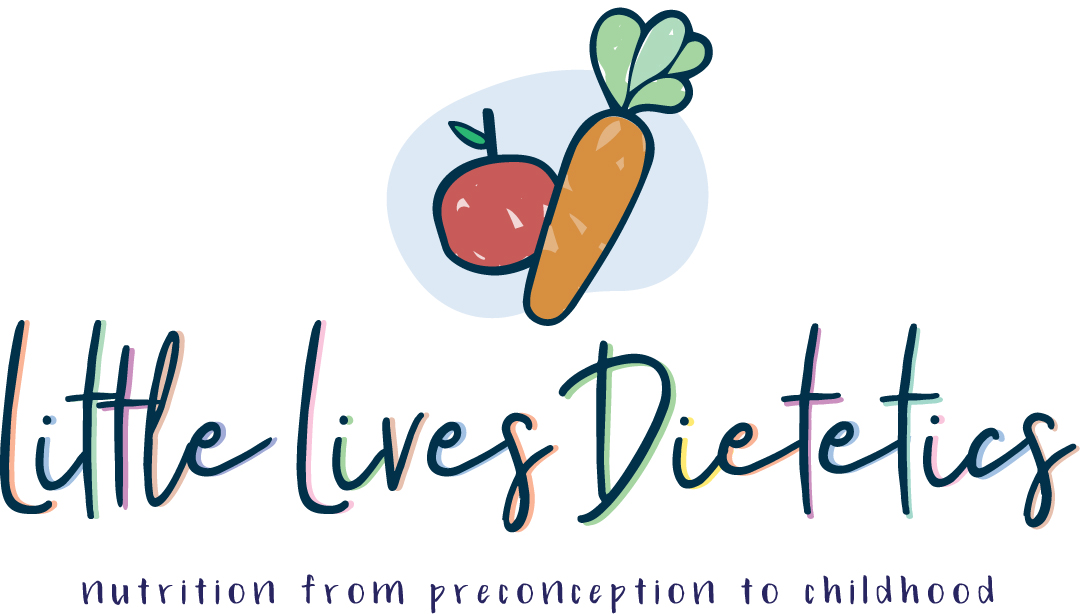
What you need to know about coeliac disease
This year the Coeliac Australia Awareness Campaign is shining a light on Coeliac disease in children. It is estimated that around 1 in 70 Australian children have Coeliac disease however around 80% remain undiagnosed. Here is everything you know to know about Coeliac disease.
What is coeliac disease?
Coeliac disease is an autoimmune condition where the immune system reacts abnormally to gluten causing damage to the small intestine. Small finger like projections known as villi which line the small intestine become inflamed and flattened impacting nutrient absorption leading to symptoms and health complications.
What are the signs and symptoms of Coeliac disease?
Coeliac disease can present with a wide variety of signs and symptoms. Some children will experience severe symptoms whilst others can have nonspecific symptoms or be asymptomatic. If your child presents with any of these signs and symptoms it is important to speak to your child’s doctor about testing for Coeliac disease:
- Chronic or intermittent diarrhoea
- Chronic constipation
- Chronic abdominal pain
- Abdominal distension
- Recurrent nausea and/or vomiting
- Poor growth or unexplained weight loss
- Delayed puberty or amenorrhea (absence of periods)
- Chronic fatigue
- Irritability
- Recurrent mouth ulcers
- Iron deficiency and other nutrient deficiencies
- Dermatitis herpetiformis (skin rash)
- Dental enamel defects
- Fracture with inadequate trauma, osteopenia or osteoporosis
- Abnormal liver biochemistry
- Recurrent headaches or migraines
- Neuropathy – symptoms can include pins and needles, numbness and burning sensation in hands, feet and other parts of the body
- Joint pain
Is your child at risk of Coeliac disease?
Children with a family history of Coeliac disease are at higher risk of developing Coeliac disease. It is recommended that all first-degree relatives are screened for Coeliac Disease. For children who are asymptomatic and growing normally Coeliac Australia recommend waiting until they are four years of age to complete initial screening as the antibody blood tests are more accurate from the age of four. If the antibody blood test is negative at age four they suggest repeating this test in future years. For example, every 2-3 years during your child’s growing years to ensure a diagnosis is not missed before their adolescent growth spurt. A gene test may also be useful in such cases to rule out Coeliac disease.
There are also certain conditions which place your child at higher risk of developing Coeliac disease including type 1 diabetes, autoimmune thyroid disease, autoimmune liver disease, Down syndrome, Turner syndrome, Williams syndrome and selective immunoglobulin A deficiency. If your child has any of these conditions it is important to speak to their doctor about screening for Coeliac disease.
How is Coeliac disease diagnosed?
The initial screening test for Coeliac disease is a blood test known as a ‘Coeliac serology’ which measures certain antibodies. Coeliac Australia recommend measuring either:
- Transglutaminase-IgA (tTG-IgA) antibodies AND deamidated gliadin peptide-IgG (DGP-IgG) antibodies OR
- tTG-IgA antibodies AND the total IgA level
If antibody tests are positive a gastroscopy with small intestinal biopsies is the gold standard to confirm diagnosis.
Guidelines from the European Society for Paediatric Gastroenterology, Hepatology and Nutrition (ESPGHAN) suggest small intestinal biopsies can be avoided if children meet the following criteria:
- The tTG-IgA antibody level is more than 10 times the upper limit of normal AND
- Positive endomysial antibodies (EMA-IgA) in a second blood sample
Coeliac Australia notes that the use of this approach in Australia is uncertain because of the limited availability of the EMA-IgA test, as well as intra-lab variation and lack of standardisation of the tTG-IgA assay. The Medical Advisory Committee of Coeliac Australia recommend further studies to confirm the accuracy of this approach before it is adopted here. They do however note that the decision to use this criteria to make a non-biopsy diagnosis of coeliac disease may be appropriate in some situations but should only be made by a paediatric gastroenterologist/specialist.
For accurate testing it is important that your child is consuming adequate gluten in their diet prior to testing. If gluten has been removed a gluten challenge may be recommended. Please note Coeliac Australia do discourage a gluten challenge in children under 5 years of age and during the pubertal growth spurt because of potential negative effects on growth. Discussion with your child’s doctor/specialist is recommended.
There is also a Coeliac gene test which tests for HLA-DQ2 and HLA-DQ8 genes which are the main genes associated with Coeliac disease. At least one of these genes is necessary for Coeliac disease to develop. However, these genes does not mean a person has Coeliac disease or will develop Coeliac disease. Approximately half of the general population have a positive gene test however only a very small proportion will develop Coeliac disease.
The gene test can be helpful if your child has been following a gluten free diet as the test is not dependent on gluten in the diet. If negative it can rule out coeliac disease. It can also be helpful for children who are at risk of developing Coeliac disease but have negative antibodies. If the gene test is negative they will not require further screening tests in the future.
Managing Coeliac Disease
The only treatment for Coeliac disease is a strict gluten free diet. This is essential to reduce the risk of long-term health complications.
If you would like more support to manage your child’s Coeliac disease and confidently implement a gluten free diet please book an appointment HERE.




